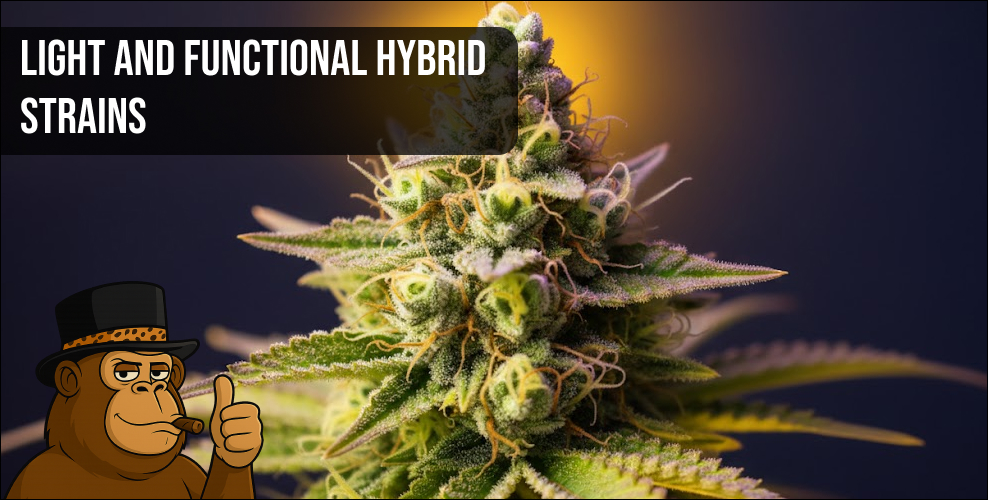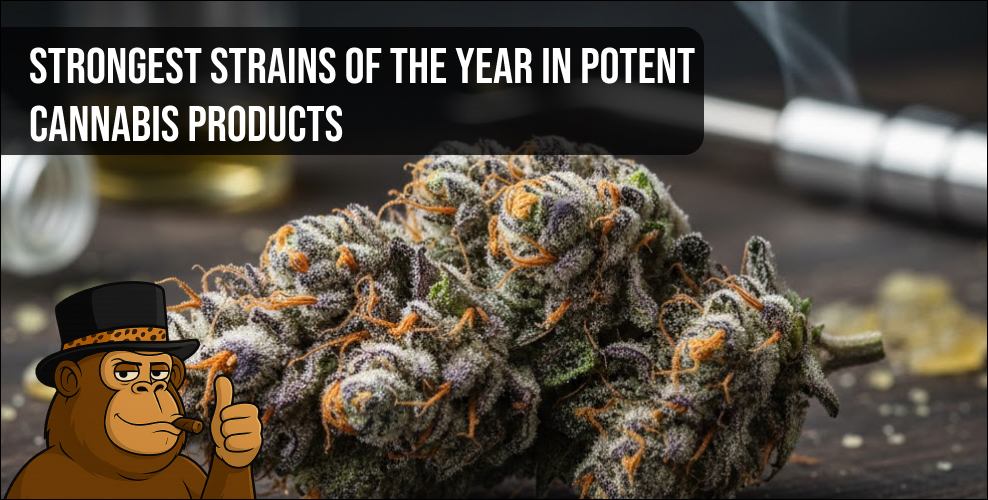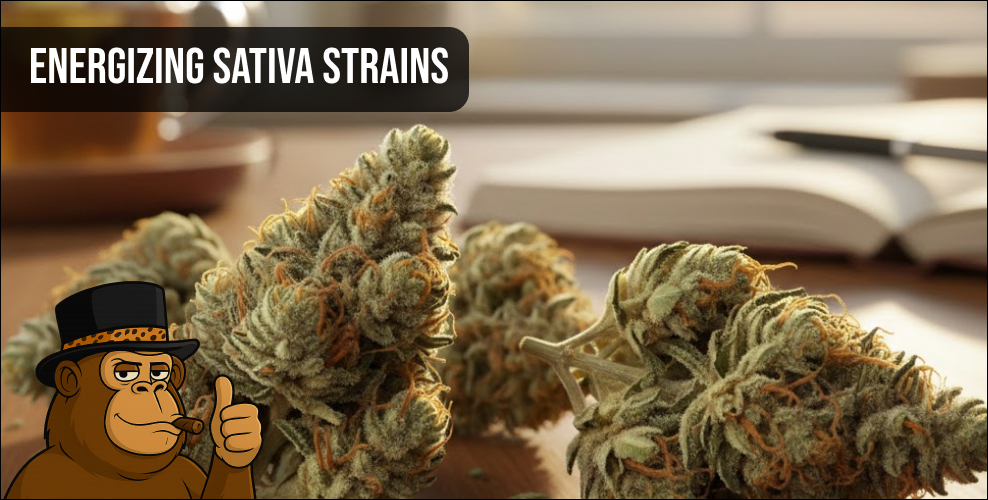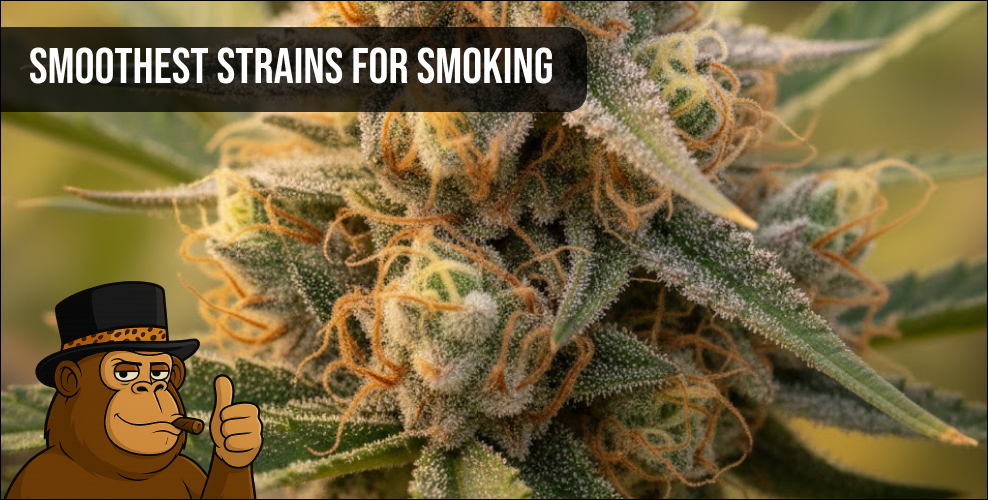Why Does Weed Affect People Differently?
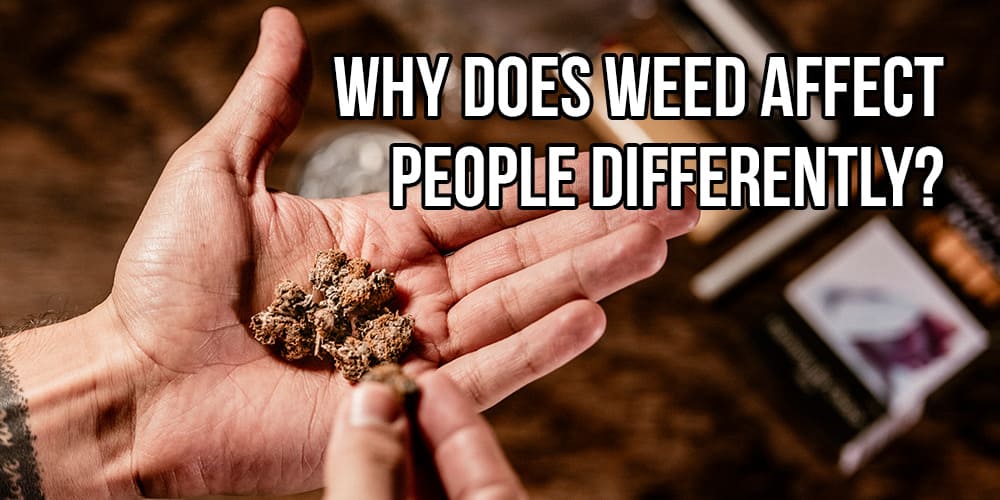
Does weed affect people differently? Unraveling the intricacies of cannabis, commonly known as weed, marijuana, or pot, reveals its centuries-long use for various purposes. Whether for medicinal, recreational, or spiritual reasons, individuals experience the impact of cannabis in markedly different ways. From euphoria and relaxation to feelings of anxiety or paranoia, we explore the factors contributing to the diverse reactions people have to this controversial plant.
- The Paradoxical Effect: Why Some Users Experience Anxiety from Weed
- Bridging Emotions: How Weed Affects Your Empathy
- What does THC do to the brain?
The Science Behind Cannabis
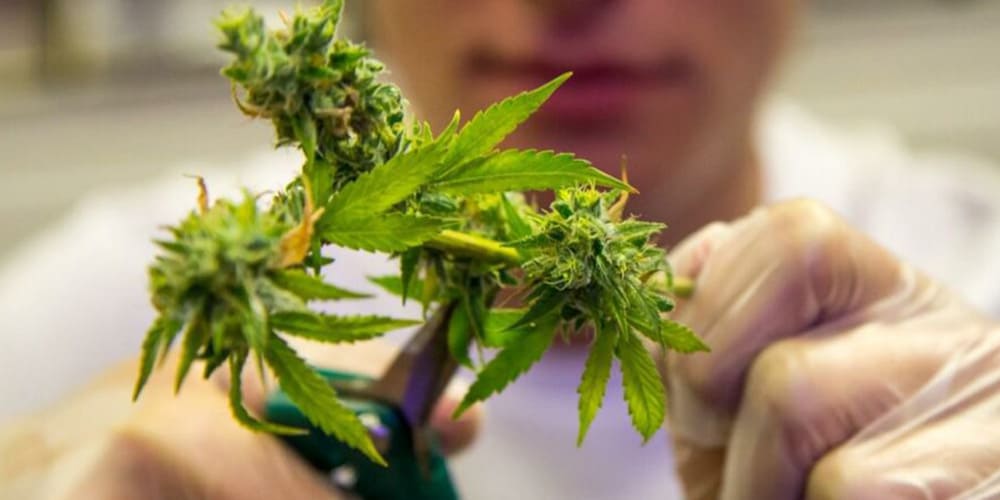
Before understanding why does weed affect people differently, it’s crucial to grasp the science behind cannabis. The plant contains over 100 cannabinoids, with tetrahydrocannabinol (THC) and cannabidiol (CBD) being the most well-known. THC is psychoactive and responsible for the “high” associated with cannabis, while CBD is non-psychoactive and often associated with medicinal properties.
- Individual Differences in Brain Chemistry: the human brain is a complex organ, and its response to cannabis is influenced by individual variations in brain chemistry. The endocannabinoid system (ECS), a network of receptors in the brain and body, plays a crucial role in regulating mood, appetite, sleep, and other physiological processes. Variations in the density and functioning of these receptors can lead to different responses to cannabis.
- Genetic Factors: genetics also plays a significant role in how an individual responds to cannabis. Some people may be genetically predisposed to be more sensitive to THC, making them more susceptible to the psychoactive effects. Genetic factors can influence how quickly the body metabolizes cannabinoids, impacting the duration and intensity of the cannabis experience.
Elevate your cannabis experience with the Kush Mints — Sauce Cartridge—a potent and flavorful hybrid strain now conveniently available in discreet cartridge form.
Personal Factors Influencing Cannabis Response
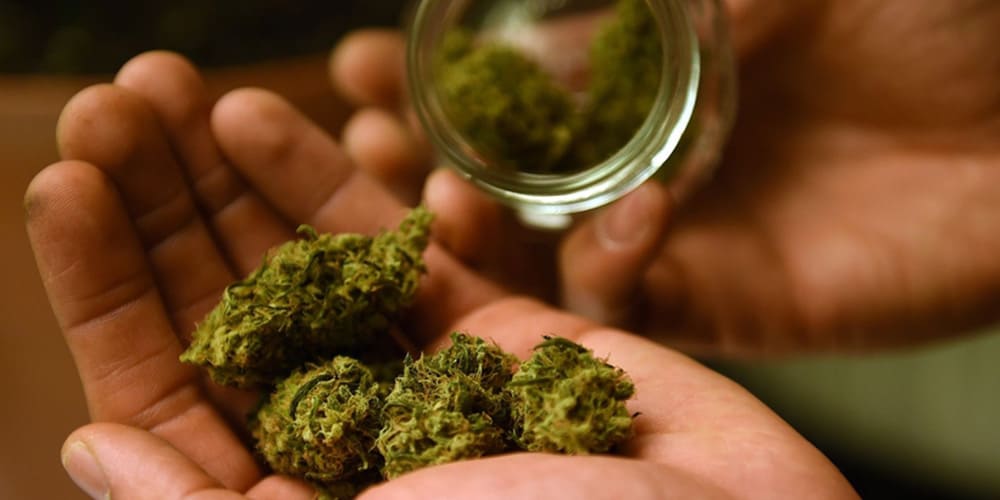
Besides biological factors, several personal elements contribute to the diverse reactions people have to cannabis.
- Dosage and Consumption Method: the way cannabis is consumed and the dosage used can greatly influence its effects. Smoking or vaporizing cannabis delivers cannabinoids to the bloodstream rapidly, producing a faster onset of effects compared to edibles. Additionally, the concentration of THC in the product plays a crucial role – higher concentrations often result in more potent effects.
- Tolerance and Experience: Individuals who regularly use cannabis may develop a tolerance, requiring higher doses to achieve the same effects over time. Conversely, first-time users or infrequent consumers may be more susceptible to the psychoactive properties of THC. Experience with cannabis and familiarity with its effects can also influence how a person responds.
Experience the explosive power of THC Bomb — live resin sugar diamonds, a potent hybrid marijuana strain designed to ignite your senses. THC Bomb delivers energizing and euphoric effects, enveloping you in happiness.
The Impact of Strain and Cannabinoid Ratios
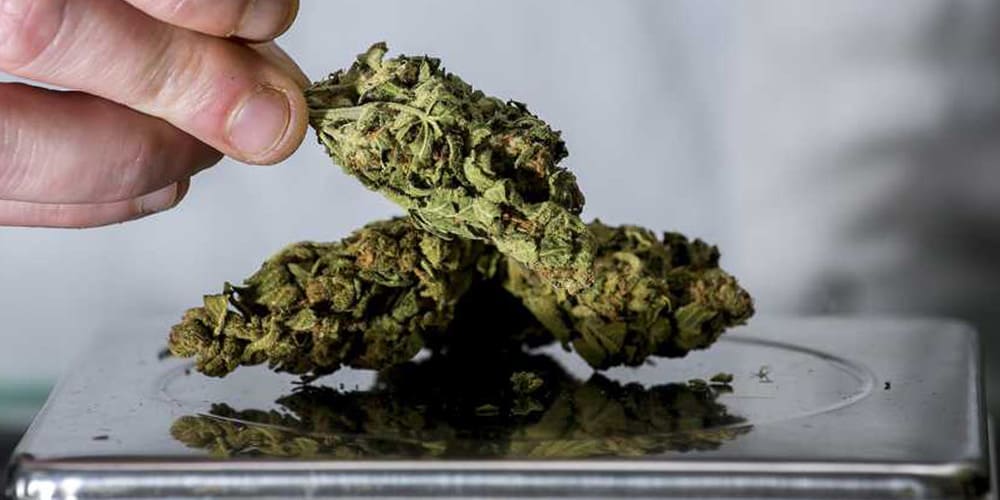
Explore cannabis’s nuanced effects with diverse strains and cannabinoid ratios.
- Strain Variability: cannabis comes in various strains, each with its unique combination of cannabinoids and terpenes. Indica strains are often associated with relaxation, while sativa strains are linked to energy and creativity. Hybrid strains combine characteristics of both. The variability in strain composition contributes to the diverse effects users experience.
- Cannabinoid Ratios: the ratio of THC to CBD in a cannabis product also plays a crucial role. CBD is known for its calming and anti-anxiety effects, counteracting some of the psychoactive properties of THC. Products with higher CBD content may produce a milder, more balanced experience, while those with elevated THC levels can result in a more intense high.
External Factors and Set and Setting
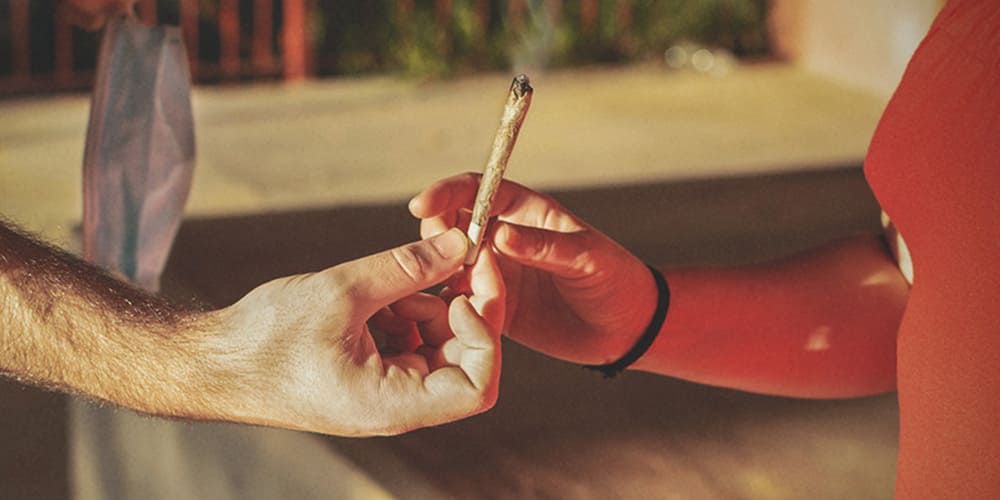
Delve into the external factors shaping your cannabis journey. Uncover how environment, legal context, and social influences impact the highs and lows of your cannabis adventure.
- Environmental Factors: the external environment in which cannabis is consumed can significantly impact the user’s experience. Factors such as the presence of supportive friends, comfortable surroundings, and a positive mindset can enhance the overall experience. Conversely, a stressful or unfamiliar environment may contribute to feelings of anxiety or paranoia.
- Mental State and Expectations: an individual’s mental state and expectations also shape their response to cannabis. Those with pre-existing anxiety or mood disorders may be more susceptible to negative side effects. Additionally, a person’s expectations of how cannabis will affect them can influence the subjective experience, creating a placebo-like effect.
Legal and Social Context
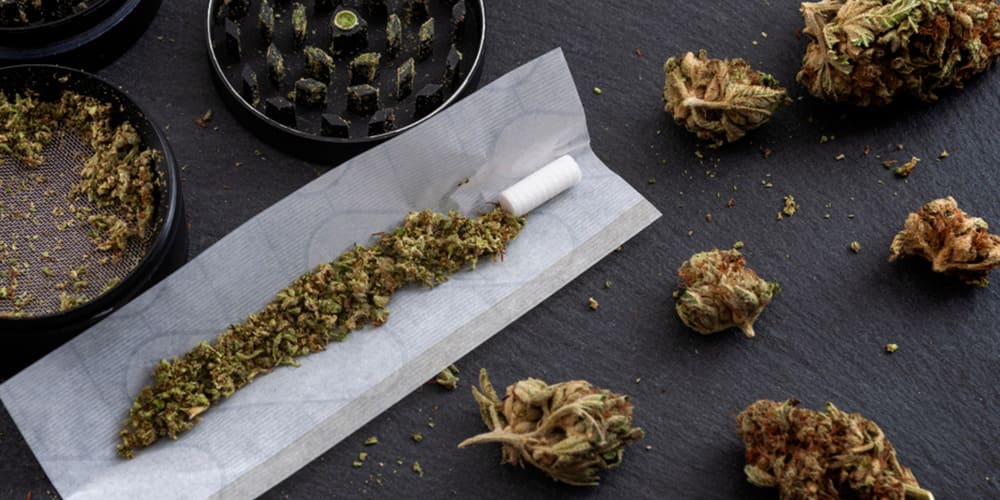
Examine the vital role of legal and social factors in your cannabis journey. Uncover how regional legality and societal attitudes influence the dynamics of your cannabis encounters.
- Legal Status: the legal status of cannabis in a particular region can impact the user’s mindset and experience. In places where cannabis is illegal, users may experience heightened anxiety due to fear of legal consequences. Conversely, in regions where cannabis is legal and socially accepted, users may feel more at ease and relaxed.
- Social Influences: including peer pressure and societal norms, can also contribute to the varied effects of cannabis. Individuals who consume cannabis in social settings may be influenced by the behavior and expectations of those around them, affecting their overall experience.
The diverse impact of weed on individuals is a complex interplay of biological, personal, and environmental factors. The science of cannabis is continually evolving, and researchers are uncovering new insights into how this plant interacts with the human body. As the stigma surrounding cannabis diminishes and legalization efforts progress, a better understanding of individual differences will likely emerge, paving the way for more personalized and effective cannabis use.
Ultimately, embracing the fact that weed affects people differently is crucial for creating a safe and enjoyable experience for users. Whether for medicinal or recreational purposes, acknowledging and respecting these individual variations will contribute to a more informed and responsible cannabis culture.





